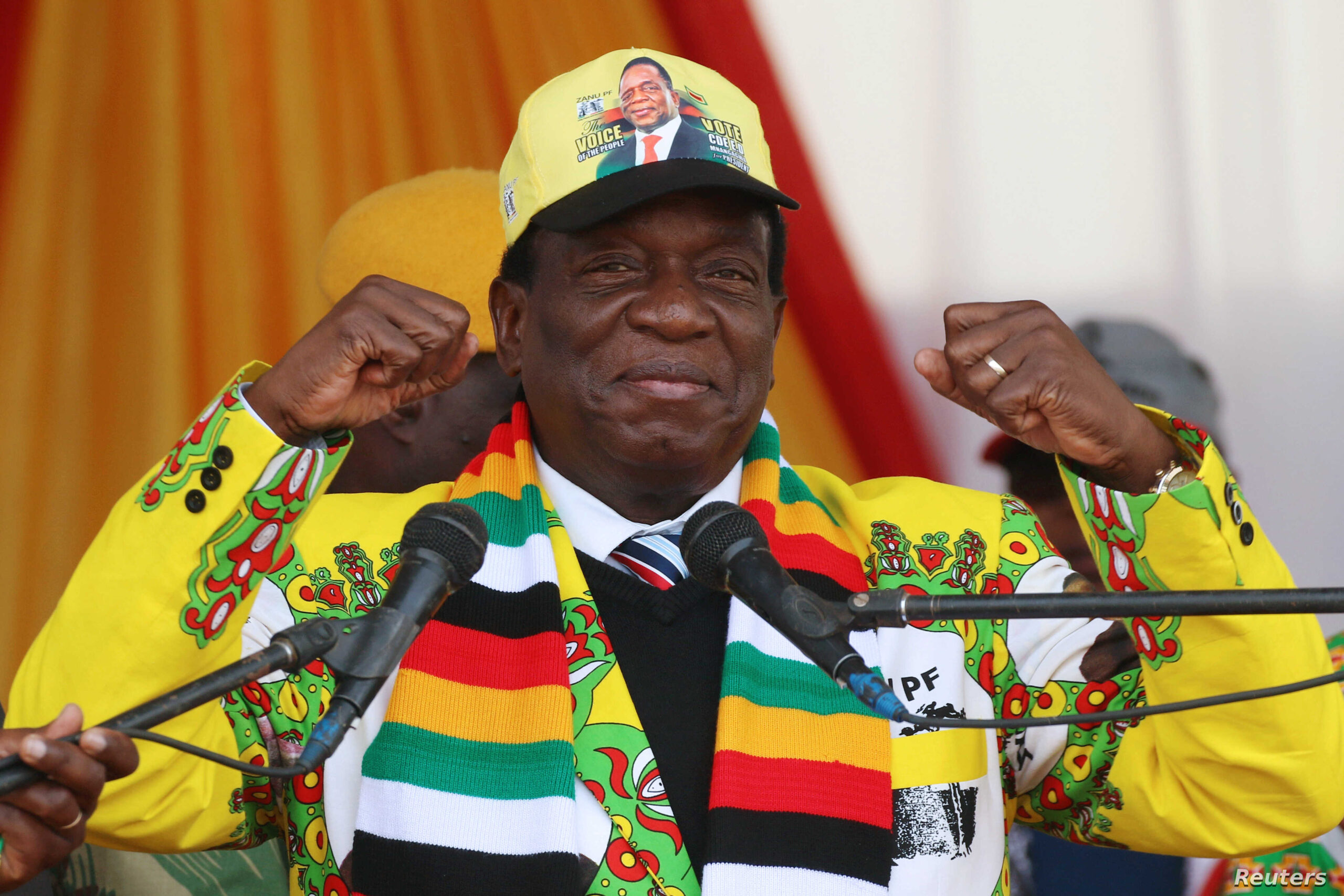BARRING a miracle, Zimbabwe is headed for yet another disputed and discredited general election in 2023. The country is sleep-walking into a renewed bout of illegitimacy. All the objective facts point to that stark reality.
Instead of aligning the country’s laws with the 2013 constitution, the Zanu PF government has done the opposite. The supreme charter has been mutilated in a sinister quest to buttress President Emmerson Mnangagwa’s power consolidation and re-election agenda.
A national constitution, which was overwhelmingly approved by citizens eight years ago, has been defiled and desecrated by a clueless power monger who has failed dismally in reviving the economy. He has squandered international goodwill, making it more difficult for Zimbabwe to harness support for economic development.
Even Zanu PF’s so-called all-weather friends, including China, are not keen on loosening the purse strings for a regime that has shown no willingness for genuine reform.
Mnangagwa has used the Political Actors Dialogue (Polad) as an instrument of deception. The captured opposition was sold a dummy. He pretended to heed their misgivings on the constitutional amendments, but proceeded to spit in their faces.
Mnangagwa is not done yet. Soon, he will unveil the Patriotic Bill which seeks to criminalise dissent. Zimbabweans must come to terms with the brutal realities of not only a one-party state but also one-man rule.
After forcing the Patriotic Bill down the throats of his captured opposition minions, the strongman will put the icing on the autocratic cake by defying any demands for electoral reform.
The 2023 election is giving Mnangagwa sleepless nights. He craves legitimacy, but knows he is unelectable.
The 2018 election gave him a rude awakening. At the grassroots in many areas, it was clear that disgruntled Zanu PF supporters were voting for the party’s parliamentary candidates, but on the presidential ballot they would vote for MDC Alliance leader Nelson Chamisa.
This is one of the reasons why Mnangagwa desperately needs a pliant and compromised judiciary; when it comes to the crunch — as was the case in 2018 — the bench is a key component of the political calculus.
Electoral reforms are not coming. Pro-democracy campaigners must devise their strategies with that in mind.
The securocrats are too deeeply invested in this authoritarian kleptocracy to even countenance reform of any kind. And those whose hands are dripping with the blood of innocents will not surrender power no matter what.
But history has shown that election rigging has its limits. Electoral theft can be countered, and decisively so.
It will depend on the pro-democracy movement’s ability to marshal broad popular support. Time is running out.

